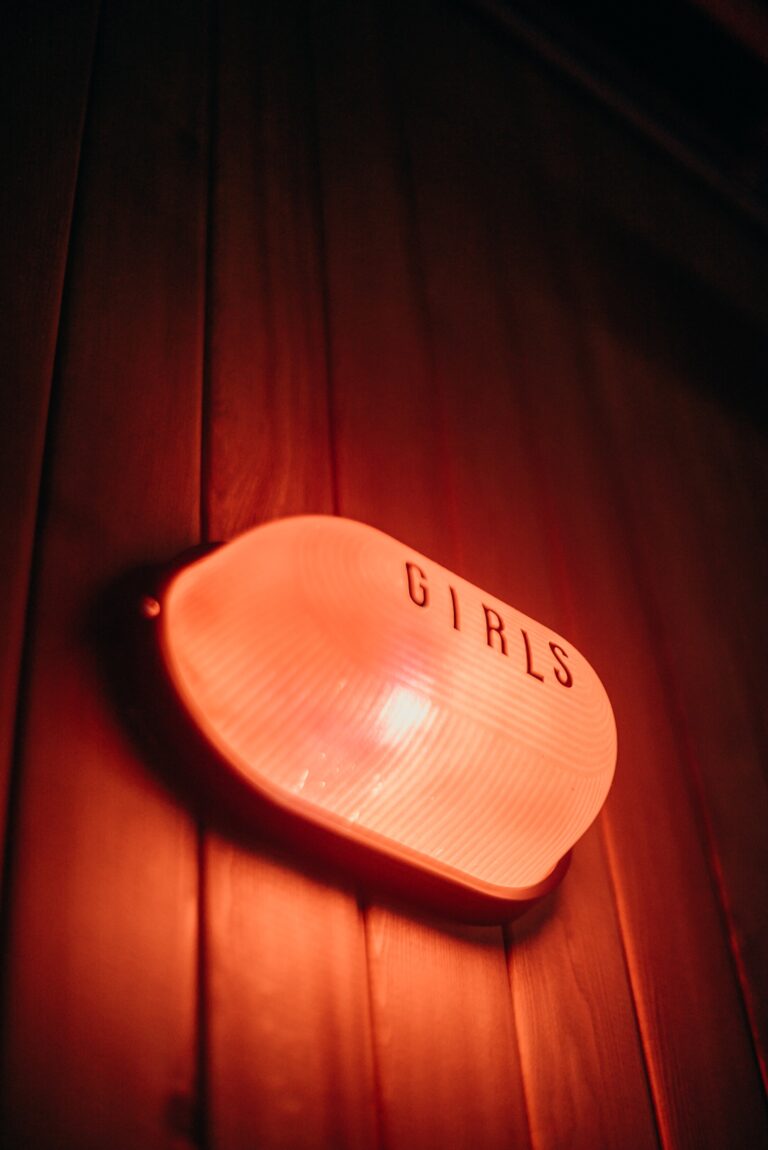What is the legality of prostitution in Bolivia?
In Bolivia, prostitution is legal and regulated. Sex workers must be over the age of 18 and are required to register with the local authorities, carry identification cards, and undergo regular health checks. While prostitution itself is legal, several activities surrounding it are not. These include:
- Pimping and procuring, which are considered crimes.
- Operating brothels without a license or in prohibited areas.
- Forcing or coercing someone into prostitution, which is considered human trafficking and is heavily penalized.
- Child prostitution, which is illegal and punishable by law.
Despite these regulations, enforcement is often lax, and unregistered sex workers continue to operate, particularly in rural areas and illegal brothels.
What are the penalties and how is the law enforced regarding prostitution in Bolivia?
The penalties for violating prostitution-related laws in Bolivia vary depending on the specific crime. For example:
- Pimping and procuring: Punishable by imprisonment of up to six years.
- Operating an unlicensed brothel: Fines and closure of the establishment.
- Forced prostitution and human trafficking: Prison sentences ranging from 8 to 12 years.
- Child prostitution: Imprisonment of up to 20 years.
Law enforcement in Bolivia has historically been inconsistent when it comes to addressing prostitution-related crimes. This is due in part to a lack of resources, corruption, and societal attitudes that tend to normalize the exploitation of sex workers. In recent years, there have been efforts to improve enforcement, including increased collaboration between the police, public prosecutors, and NGOs to combat human trafficking and protect the rights of sex workers.
How is prostitution referred to locally in Bolivia?
In Bolivia, prostitution is commonly referred to as trabajo sexual (sexual work) or prostitución. Sex workers are often called trabajadoras sexuales (sexual workers) or prostitutas. However, some derogatory terms such as prosti or puta are also used by some people. In recent years, efforts have been made by sex worker organizations and activists to promote the use of respectful language and challenge stigmatizing attitudes towards those involved in the sex industry.
What is the history of prostitution in Bolivia?
Prostitution has been present in Bolivia for centuries, dating back to the time of the Inca Empire. In the colonial period, brothels were established and regulated by the Spanish authorities. Prostitution continued to be a common feature of Bolivian society throughout the 19th and 20th centuries, and in 1930, the government introduced a regulatory system for sex work.
Over the years, Bolivia has seen a rise in sex tourism and human trafficking, particularly of women and girls from rural areas who are vulnerable to exploitation. This has led to growing concerns about the protection of sex workers’ rights and the need for more effective enforcement of anti-trafficking laws.
In response to these challenges, a number of organizations have emerged to advocate for the rights of sex workers, promote public health initiatives, and raise awareness about the risks associated with prostitution. Some of these groups have also been involved in lobbying for legal reforms to better protect the rights and safety of sex workers in Bolivia.
- ILO NATLEX – Bolivia: Law No. 263 on human trafficking and smuggling
- U.S. Department of State – 2020 Trafficking in Persons Report: Bolivia
- Global Slavery Index – Bolivia Country Study
- Organización de Trabajadoras Nocturnas de Bolivia (OTD Bolivia) – Organization of Night Workers in Bolivia
- Center for Justice and International Law (CEJIL) – Cases related to Bolivia
